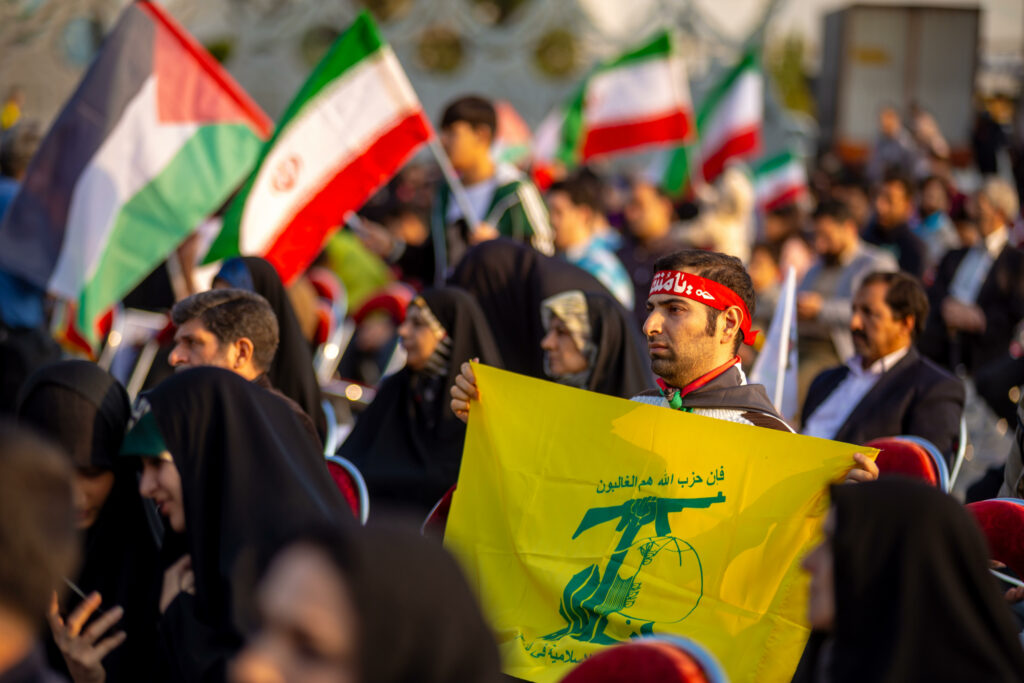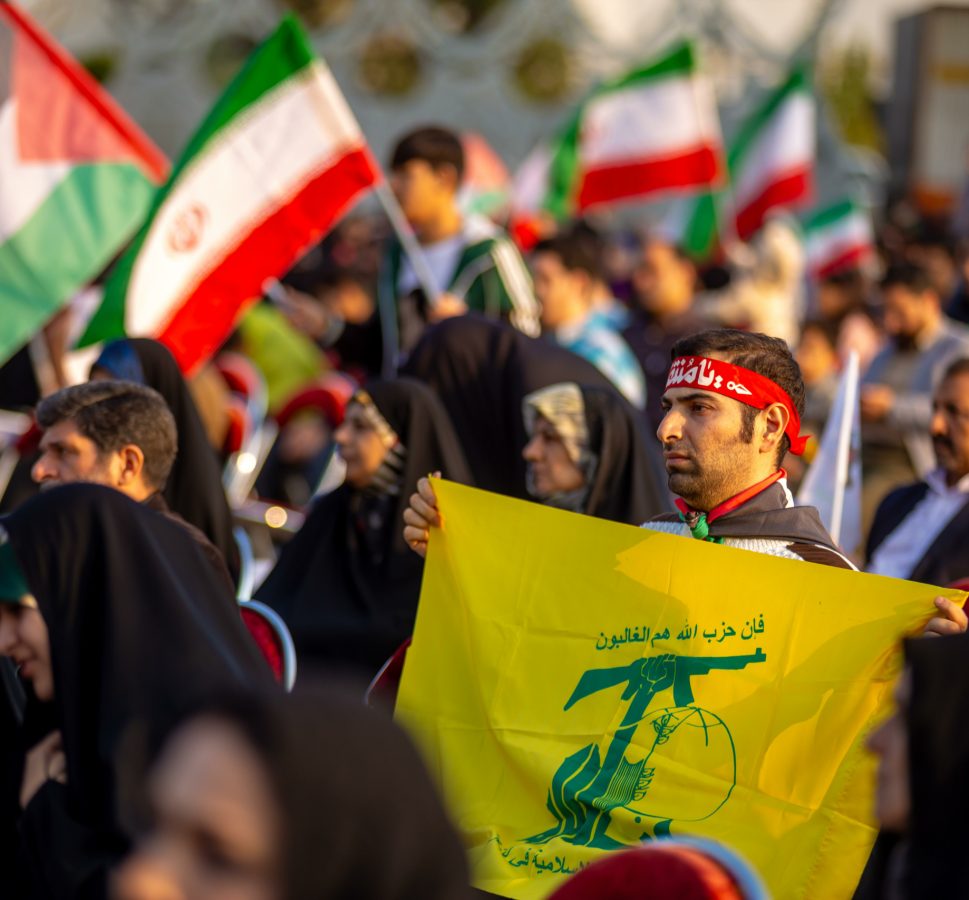
The supreme leader, Ayatollah Ali Khamenei, urged the west to leave the Middle East.
Iran has said it has conveyed “necessary warnings” to the United States to leave the Middle-East region, even as the regional power is bracing itself for likely Israeli attacks on its nuclear sites.
The supreme leader, Ayatollah Ali Khamenei, urged the west to leave the Middle East.
Iran had launched about 200 ballistic missiles to Israel, citing Israel Defense Forces (IDF), which also claimed to have shot down most of the incoming fire.
Israel and the US promised to retaliate against Tehran’s escalation as fears of a wider war intensified.
Israel will launch a “significant retaliation” within days that could target oil production facilities inside Iran and other strategic sites, U.S. news website Axios reported on Wednesday citing Israeli officials.
However, Khamenei on Wednesday met students and scientists in his first public appearance since ordering a high-risk missile attack on Israel in response to Israel’s attacks on the leadership of Hezbollah, the armed group Tehran has funded in Lebanon.
Iran, he said, was still in mourning over the assassination last Friday of the Hezbollah leader, Hassan Nasrallah, but added: “Being in mourning does not mean being depressed and sitting in a corner.”
The Guardian reports that Iran’s attack has appeared to rally the country’s previously divided political elite as the leadership justified the attack on Israel by insisting it was effective, lawful and unavoidable to restore deterrence and Iran’s sovereignty.
The foreign minister, Abbas Araghchi made a round of diplomatic calls, including to European foreign ministers, insisting that Iran was not seeking escalation. Unlike Israeli attacks in Lebanon, Iran’s targets had been strictly military and not civilian, he claimed.
Asked on Wednesday if Iran had given any direct warnings to the US about the attacks, he said: “No, I do not confirm such a thing. But we had an exchange of messages through the Swiss embassy in Tehran, giving the necessary warnings to the US.” He said that message was sent after Iran had launched the missiles into Israel.
Switzerland has long acted as a diplomatic intermediary for the US in Tehran.
Part of the purpose of Araghchi’s calls was to convey the limits of the Iranian operation, and to urge the US and Europe to insist in turn that Israel show restraint in its response.
He added: “I anticipate that we may gradually witness a return to some form of stability in the region in the coming days.”
Iran’s defence minister, Aziz Nasirzadeh, also urged Europe to contain Israel. “Otherwise they will face Iran’s response and the region will enter into a great war,” he said.
At a meeting of the UN Security Council in New York later on Wednesday Iran is expected to defend its actions in line with the UN Charter.
Maj Gen Mohammad Bagheri, the head of Iran’s general staff of the armed forces, said the missiles targeted Israeli airbases, including the Nevatim base, which houses F35 planes, as well as the Mossad headquarters.
Images of the leadership of the Islamic Revolutionary Guards Council (IRGC) watching the attack on TV monitors showed them shouting “beautiful” as the missiles struck the ground and exploded.
Speaking of Israel’s likely response, Mohammad Baqir Qalibaf, speaker of the parliament, said: “We have prepared ourselves for the possible madness of Israel and have designed an unexpected plan, and our next response to possible aggressions will be on a very different level.”






